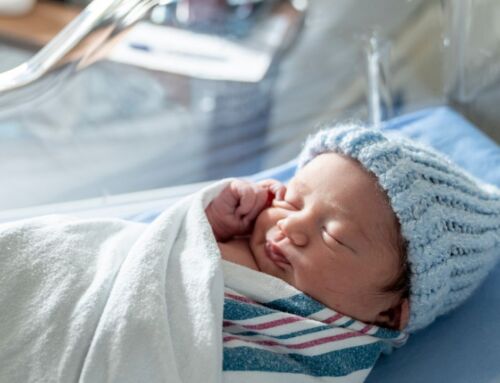“What is your typical birth mother?”
We often get asked this question about what expectant/birth/first parents are like. As humans, we like to classify and stereotype groups of people. Especially when we think differently about that group. People often say “Oh, I could never place my child for adoption.” That’s because they think they couldn’t do it but they may never have found themselves in that predicament. Not truly. Because if you did, you too might be faced with the most difficult decision of your life and no one wants to be in that situation.
Part of our training for adoptive parents includes a birth parent panel, so that they meet parents who have placed, and hear their stories. Birth parents discuss their emotions when finding out they were pregnant and their experiences sharing this with their support system. They talk about telling the father, calling an agency, choosing a family, and the hospital experience. They share what it was like going home without their baby, and the grief that entails.
What can I say that groups them together? They all loved the babies they placed with all their heart and made a decision to take on a lifetime of grief so their child could have a good life.
What one can see while hearing these stories, is that they are like everyone else. Birth parents can be any age within the childbearing years. They can be first-time moms, already parenting one or more children, or already have grown children. They can be married or single. They have all different levels of education and employment. They come from all different walks of life. We treat each expectant/birth parent individually and without judgment.
What can I say that groups them together? They all loved the babies they placed with all their heart and made a decision to take on a lifetime of grief so their child could have a good life. One they didn’t feel they could provide. Are there some other commonalities? Yes, they usually have more than one situation in their lives that has them considering adoption. Their financial situation, the status of the father of the baby, and a lack of support system are often part of the reasons.
If you are reading this and thinking about entering the adoption process, we recommend talking to triad members (birth/first parents, adoptive parents and adoptees) so you can hear their experiences which can help you shape yours. And the next time you hear someone mentioning adoption — birth parents specifically — make sure they are spoken of with empathy and understanding. They deserve no less.









